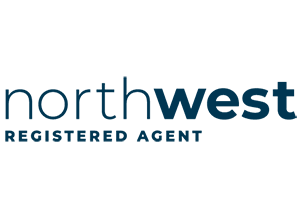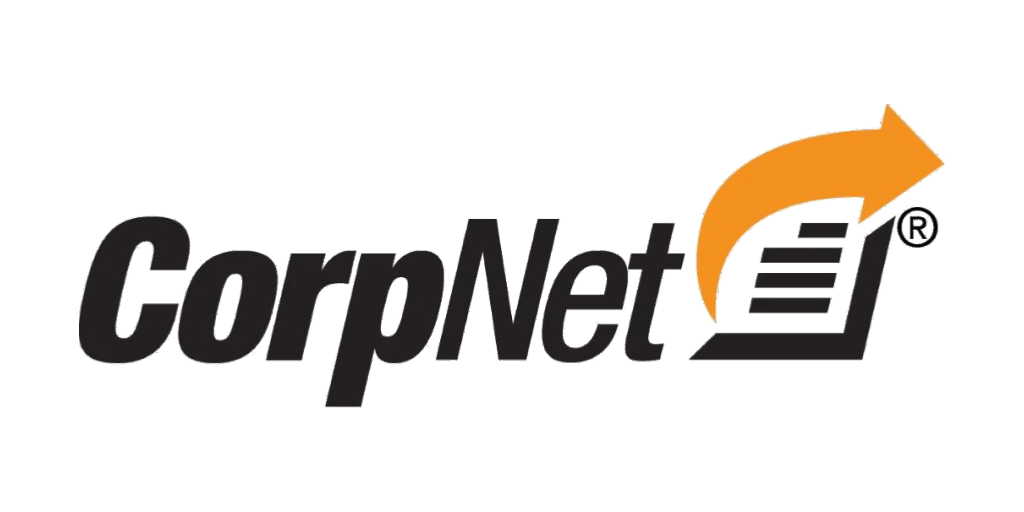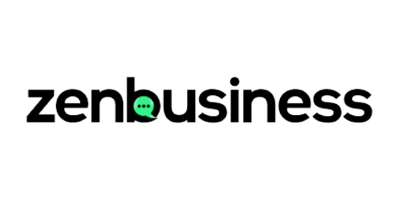Best Business Loan Lenders of 2025
Compare top lenders to find the best rates, terms, and funding options for your business

Staff Writer
Arorix Editorial Team
Updated: June 14, 2025
Our Top 3 Services
Best for Fast, High-Limit Loans
- $120K/year + 625+ credit
- $250K max, 5-min approval
- 6+ months in business
9.8
2
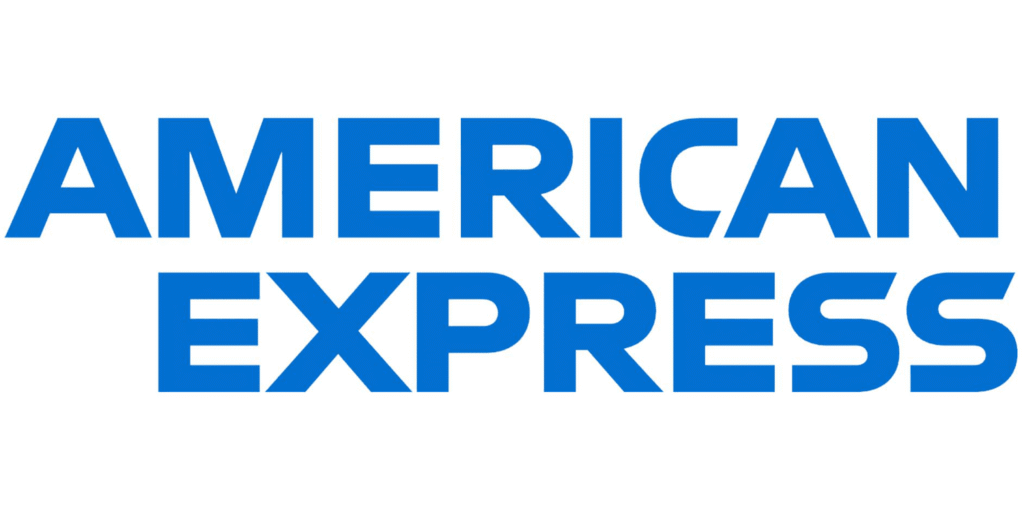
Best for Amex Cardholders
- No fees, pre-qualified offers
- $3.5K–$75K loans
- Amex users only
9.5
3

Best for Finance-Ready Teams
- No credit check, no revenue req.
- Loan access via integrated tools
- U.S. entities only
9.0
4

Best for Dev-Heavy Startups
- Ideal for $50K+ revenue
- APIs, virtual cards, fintech stack
- FDIC-backed up to $5M
8.8
5

Best for In-Person Lending Support
- SBA, term loans, lines of credit
- Branch support, $300 bonus
- 2+ years in business preferred
8.5
6
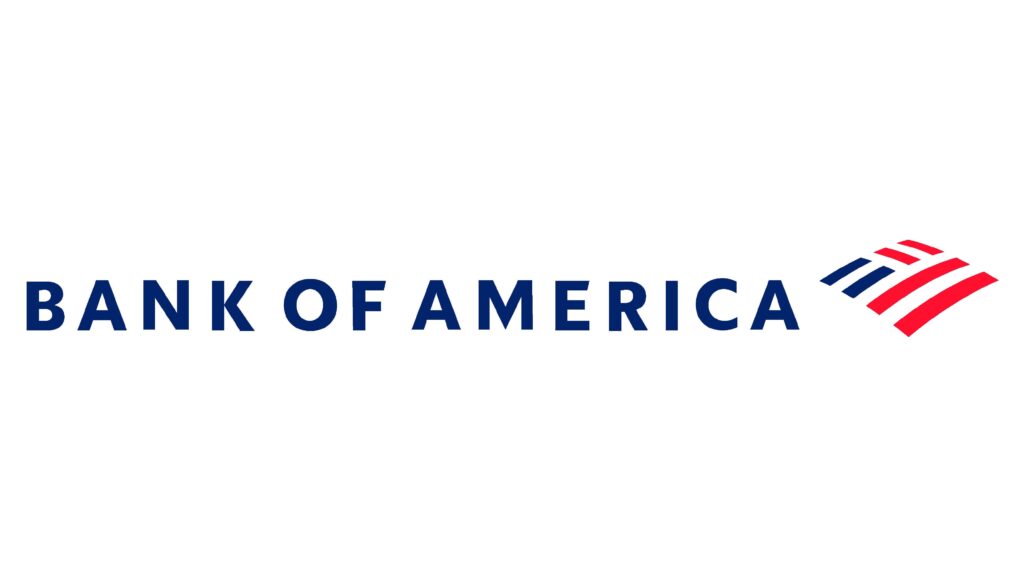
Best for Digital-First Founders
- $36K+/year waives fees
- From $10K — strong discount perks
- Stronger credit history preferred
8.0
7

Best for VC-Backed Startups
- $1M+ or venture-backed
- No personal guarantee
- Spend controls + expense tools
7.8
8

Best for Freelancers & ATM Access
- $50K+ to waive fees
- No credit check, SSN-based
- ATM refunds + SBA loans
7.5
9
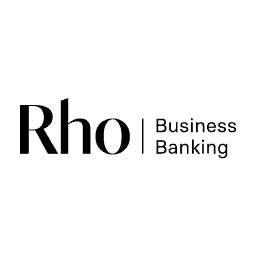
Best for Finance Teams & Credit
- $1M+ revenue or spend
- Registered business required
- Revolving credit + CFO tools
7.0
10
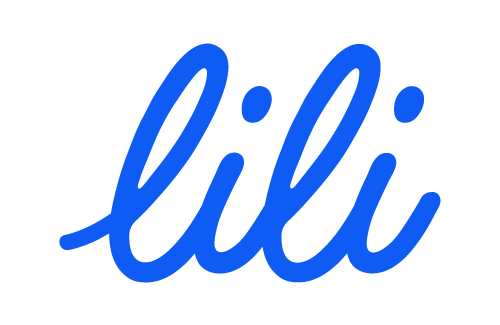
Best for Solo Founders
- No credit check, freelancer-friendly
- Built-in tax tools
- 4.15% APY (Lili Pro)
6.8
1
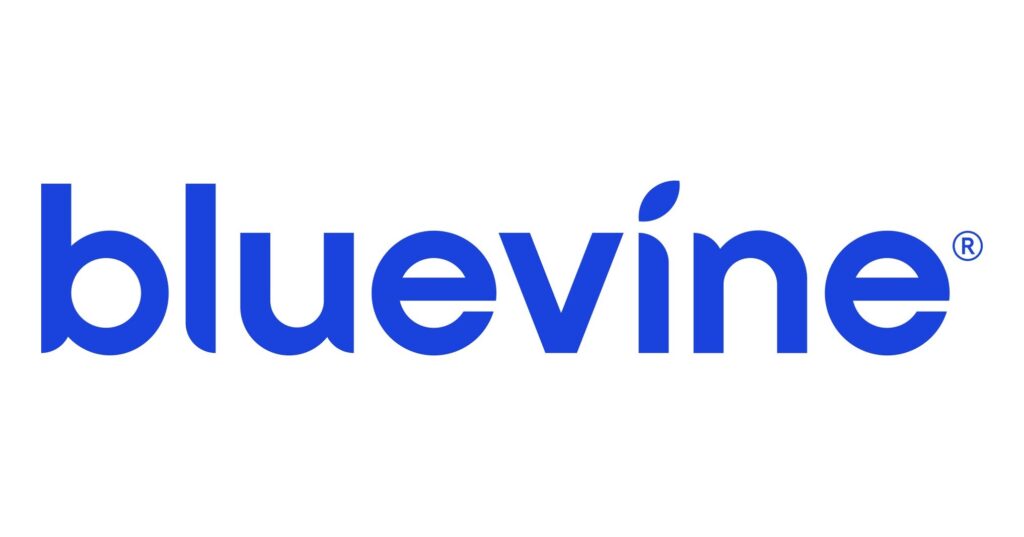
9.8
EXCELLENT
Best for Fast, High-Limit Loans
- $120K/year + 625+ credit
- $250K max, 5-min approval
- 6+ months in business
2

9.5
EXCELLENT
3

9.0
EXCELLENT
Best for Finance-Ready Teams
- No credit check, no revenue req.
- Loan access via integrated tools
- U.S. entities only
4

8.8
EXCELLENT
Best for Dev-Heavy Startups
- Ideal for $50K+ revenue
- APIs, virtual cards, fintech stack
- FDIC-backed up to $5M
5

8.5
EXCELLENT
Best for In-Person Lending Support
- SBA, term loans, lines of credit
- Branch support, $300 bonus
- 2+ years in business preferred
6

8.0
EXCELLENT
Best for Digital-First Founders
- $36K+/year waives fees
- From $10K — strong discount perks
- Stronger credit history preferred
7

7.8
EXCELLENT
Best for VC-Backed Startups
- $1M+ or venture-backed
- No personal guarantee
- Spend controls + expense tools
8

7.5
EXCELLENT
Best for Freelancers & ATM Access
- $50K+ to waive fees
- No credit check, SSN-based
- ATM refunds + SBA loans
9

7.0
EXCELLENT
Best for Finance Teams & Credit
- $1M+ revenue or spend
- Registered business required
- Revolving credit + CFO tools
10

6.8
EXCELLENT
Best for Solo Founders
- No credit check, freelancer-friendly
- Built-in tax tools
- 4.15% APY (Lili Pro)
Looking for a Complete All-in-One Solution?

9.9
Best Overall Business Launch Solution
- EIN, docs, & custom branding included
- Access to Arorix OS™ business dashboard
- Website, CRM, and automation tools built-in
*The business loan products featured on this page—such as term loans, lines of credit, and equipment financing—are provided by third-party lenders and subject to individual eligibility criteria, approval processes, and final underwriting decisions. Loan terms, amounts, and interest rates may vary based on your credit profile, time in business, revenue, and other factors. This content is intended to provide general information only and does not guarantee loan approval. Each business is unique and may be required to meet additional criteria to qualify.
Looking for a Complete All-in-One Solution?

Best Overall Business Launch Solution
- EIN, docs, & custom branding included
- Access to Arorix OS™ business dashboard
- Website, CRM, and automation tools built-in
9.9
*The business loan products featured on this page—such as term loans, lines of credit, and equipment financing—are provided by third-party lenders and subject to individual eligibility criteria, approval processes, and final underwriting decisions. Loan terms, amounts, and interest rates may vary based on your credit profile, time in business, revenue, and other factors. This content is intended to provide general information only and does not guarantee loan approval. Each business is unique and may be required to meet additional criteria to qualify.
What Do Business Lenders Typically Require?
Business Bank Account: Must be active and separate from personal finances
Time in Business: Usually at least 3–6 months of operating history
Monthly Revenue: Minimum income requirements, often $5K–$10K/month
Legal Business Structure: LLC, corporation, or sole prop with proper registration
EIN (Employer Identification Number): Required for most applications
Business Plan or Use of Funds: Especially for larger loans or SBA financing
Personal Credit Check: Many lenders review the owner’s credit score
Business Credit Report: If available, it helps show reliability and payment history
Tax Returns or Bank Statements: Often need 3–6 months of recent financials
Tip: Keep your business account clean, active, and consistent—it’s one of the first things lenders look at when deciding to approve or decline.
What Types of Loans Do Business Lenders Offer?
Term Loans: Lump-sum funding with fixed payments over a set time—great for expansion or equipment
Business Lines of Credit: Flexible funding you can draw from as needed—ideal for managing cash flow
SBA Loans: Government-backed loans with low rates and long terms—best for established businesses with strong financials
Merchant Cash Advances: Fast funding based on future sales—high fees but quick approval
Invoice Financing: Get paid upfront for unpaid invoices—useful for B2B companies with slow-paying clients
Equipment Financing: Specifically for buying vehicles, machines, or tools—equipment acts as collateral
Startup Loans: Designed for new businesses—usually requires a strong personal credit score
Microloans: Smaller loan amounts (typically under $50K)—good for early-stage businesses or side hustles
Choose based on your business stage, cash flow, and how fast you need the funds.
Tips for Comparing Small Business Lenders
Check Interest Rates: Know the APR, not just the base rate—watch for hidden fees
Understand the Repayment Terms: Fixed or variable? Daily, weekly, or monthly payments?
Look at Funding Speed: Need cash fast? Some lenders fund within 24–48 hours
Review Qualification Requirements: Know what credit score, revenue, or time in business is needed
Watch for Fees: Application, origination, early payoff, and late fees can add up
Compare Loan Types Offered: Make sure the lender fits your exact funding need (line of credit vs. term loan)
Customer Support Matters: Look for responsive service in case you need help managing or repaying
Read Reviews: Get real feedback from other business owners before signing
Pro tip: Don’t just go with the first approval—shop around and make lenders compete for your business.
5 Steps: How to Get a Small Business Loan
Know What You Need
Decide how much funding you need, what it’s for, and which loan type fits best (term loan, line of credit, etc.).Check Your Qualifications
Review your credit score, business revenue, time in operation, and legal structure—these impact your approval odds.Gather Your Documents
Most lenders ask for your business bank statements, tax returns, financials, and legal business info (like EIN and licenses).Compare Lenders
Shop rates, fees, repayment terms, and funding speed. Look at banks, online lenders, and SBA options.Apply and Follow Up
Submit your application and respond quickly to any lender requests. Keep communication open to avoid delays.
Tip: A clean business bank account, strong cash flow, and solid credit give you the best shot at approval.
Common Mistakes to Avoid When Applying for a Business Loan
Applying Without a Clear Purpose: Lenders want to know exactly how you’ll use the funds
Mixing Personal and Business Finances: Hurts your credibility and can lead to rejection
Not Checking Your Credit First: Surprise issues on your credit report can kill your chances
Applying for the Wrong Loan Type: Don’t use short-term loans for long-term needs
Submitting Incomplete Documents: Missing paperwork delays or denies your application
Ignoring Fees and Terms: A low rate doesn’t matter if hidden fees eat up the savings
Applying Too Often: Multiple hard inquiries can damage your credit and raise red flags
Tip: Be prepared, be specific, and always read the fine print before signing.



